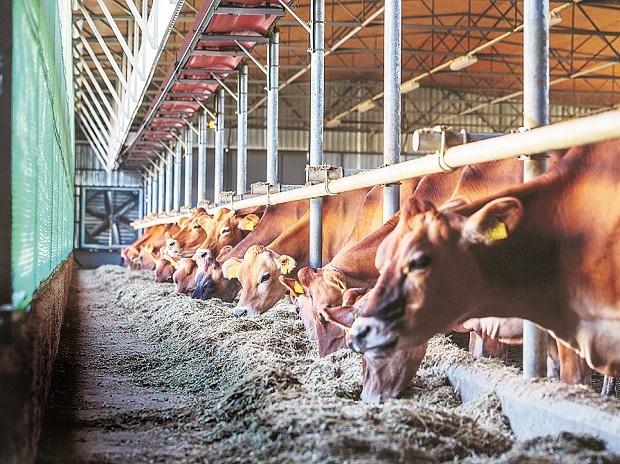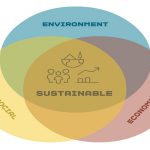
When the food industry first shut down because of COVID-19, the impact was felt for the farmers immediately. But instead of dumping thousands of gallons of milk, dairy farmers across Connecticut are donating their products to those in need.
“You don’t just turn a switch off to stop your milk production when it’s not in demand,” James Jacquier, a dairy farmer at Laurelbrook Farm, said. “And at this point there’s about a 10 percent oversupply in milk supply just due to these little changes that happened within our industry.”
Farmers were forced to adapt quickly.
“We just have to work harder, we have to work smarter, we have to adapt,” Jacquier said. “And we’re willing to do all of those types of things.”
Download the free NBC Connecticut App for the latest on the coronavirus pandemic, including live news conferences, a town by town breakdown of the latest cases in our state and push alerts with breaking news updates
And thanks to Bill Davenport and the Litchfield County 4-H volunteers, distributing the excess milk hasn’t only become easier, but it’s going to families who need it most.
In April, the volunteers began distributing extra milk to food pantries across the state — food pantries that so many have come to rely on because of the economic impact of COVID-19.
So far, 4-H volunteers across the state have delivered dairy products to 96 different food pantries across 57 towns across Connecticut, helping almost 11,000 families.
“That’s the biggest problem the pantries have is that they can’t, it’s hard for them to handle milk, secure it, store it, refrigerate it and get it out to the pantries,” Davenport, the Litchfield County 4-H Extension educator, said.
Since their efforts began, word got out, and now 4-H volunteer groups from across the nation are seeing this program as a model for food sustainability now and in the future.
“We’ve helped to kind of connect the gap a little bit and start spreading awareness more than anything about the industry, the issue through the industry and the issue with food pantries not having enough food,” Davenport said.
The community is also taking notice.
Bill Davenport was recently awarded a $2,000 grant from the Northwest Connecticut community foundation and it will benefit the Litchfield County Dairy Fund, and that was just the seed money.
Since then, the community has come together and donated an additional $4,000 just in the last two weeks that will help buy milk from Connecticut dairy farms – allowing farmers to make a profit and keep their farms afloat instead of donating their excess goods. The milk will then be distributed by volunteers and help supply pantries for about four to five more weeks.























